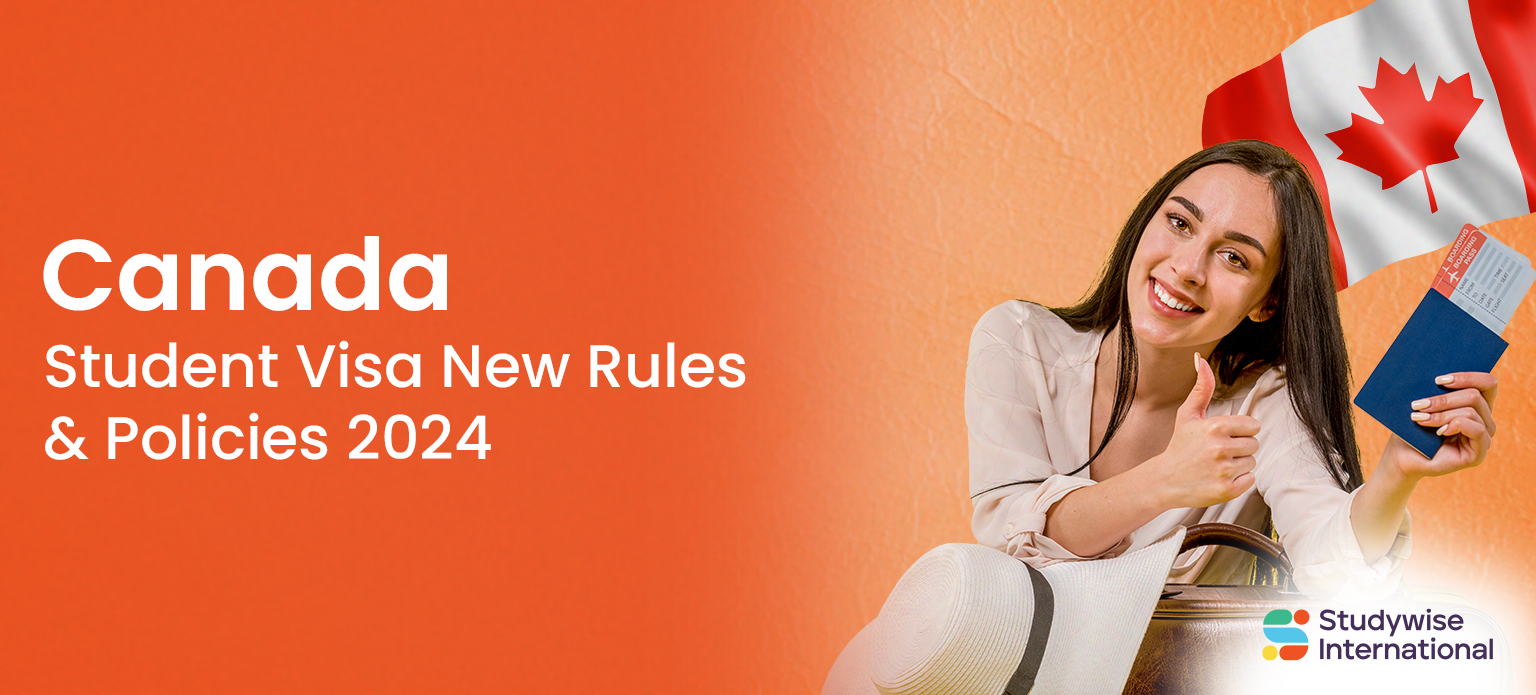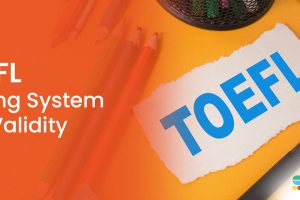
Canada Student Visa New Rules & Policies 2024
- Categories All Study in Abroad Blogs, Study in Canada, Study Overseas Updates
- Date June 4, 2024
Whether you are a business student or into chemical science, studying in Canada could lead you to a career breakthrough. It is one of the most popular study destinations in the world. Over 2-3 lakh students apply to study in Canada every year. With a dream to expand their horizons with Canada’s academic credentials, breathtaking scenic beauty and cultural experience. The competition is severe. Students need to adhere to all requirements reinstated by the university as well as the government. Notably, the are some recent changes to the student visa and the Post Graduation Work Permit (PGWP). If you are an international student applying for a Canadian visa, you should comply with these new rules and policies.
Temporary Federal Cap Study Intake
With the significant rise in the number of study permits, Canada began to face issues with infrastructure. Admitting international students bodes well for the Canadian economy. But at the present time, the real estate and healthcare sectors of Canada fail to support the cause. As a result, Immigration Refugees and Citizenship Canada (IRCC) established a 2-year intake cap on the approval of study permit applications. The number of approved permits in 2024 will decrease by 35%. With this change, the country also aims to improve their curriculum and support standards. However, the limit is only on the number of international students enrolled in its undergrad programs. The provincial government decides the allocation of these cabs between universities and colleges.
The visa process mandated the submission of the Letter of Acceptance and proof of funds. With the new policy in shape, students also need to obtain an Attestation Letter from the province or territory (PAL) of their university. This document verifies that the province can accept the student as per the cap allocation stated by the IRCC. Notably, this change is not relevant to students applying for master’s or doctoral programs in Canada. Moreover, the students currently pursuing a UG course will not face any difficulty while renewing or switching their study permits. This could be that few steps Canada has to take backwards to come forward with full power. The cap for 2025 will be estimated at the end of 2024.
Impact
The competition has always been soar for students applying to a Designated Learning Institution (DLI) in Canada. Because of the decline in approvals, it is only going to get tougher. Students can expect to witness a significant rise in competition. Apart from the overall cap, each province and state also has a cap to stabilise their unsustainable growth. In cities like Ontario, the study permit approval count slabs down to half from earlier. In effect, the acceptance rate of its universities will suffer a major slash down. Furthermore, universities in British Columbia and Nova Scotia would take a hit. To escape the competition, they could check the cap on universities and aim for universities with high acceptance rates. Markedly, Quebec stays unaffected.
PGWP and SOWP Eligibility Revision
The PGWP is a Post Graduation Work Permit issued for international students to work after completing their studies in Canada. The government found that not only did some of the Public-Private Partnership (PPP) institutes over-enrolled students but didn’t either meet the academic standards of the country. As a strict response, their new policy excludes students enrolled on a PPP institution to be eligible for a PGWP. Earlier, one could study in Canada for more than 8 months and switch their visa to a PGWP. Additionally, these eggs are transferred to the baskets of the students enrolled on master’s and doctoral programs. Now, they are eligible for a 3-year work permit.
With spousal open work permit eligibility revised, it seems that the baskets of master’s and doctoral students keep gaining weight. And, indeed, a well-deserved gain. Before the modification of the rules in 2024, the spouses of international students enrolled in a full-time program in Canada were eligible for a work visa. This visa is called Spousal Open Work Permit (SOPW). The spouses of students in UG courses no longer have the advantage. To clarify, not all PG courses come with the benefit. Only students in professional programs like law and medicine courses can have their spouses work in Canada. This would simplify the job vacancy problems in Canada.
Impact
Graduates with PGWP had the liberty to gain experience in the Canadian market and economy. With the modified eligibility, the competition would go less and cleaner. It aims to ensure that students with PGWP possess the necessary qualifications and skills required to be a part of the Canadian economy. Not only that, it could support the government’s hardship of uplifting the educational prowess of the country. As the candidates filter right through the PGWP criteria, this could forge a straightforward pathway to PR and citizenship.
Updated Cost of Living Requirement
With Canada going through redevelopment to facilitate quality education for its students, there has been a rise in the cost of living too. Proof of funds is an unskippable mandate of all visa application processes. Earlier, students applying for visas to study a full-time course in Canada had to show financial support of at least CAD 10,000. The new rules raise that amount to CAD 20,635. For this reason, the proof of funds required to study in Quebec also rose to CAD 15,078. Notably, they don’t need to pay these funds to the IRCC, the university or themselves.
Impact
Reports have shown how students often struggle to meet their needs while studying in Canada. Henceforth, the change portrays a more realistic picture of the student’s living expenses in Canada. With the revision in the budget, students have a clearer idea of their expenses like rent, transportation, food, nightlife and so on. With all the information, they can decide if Canada is indeed a good financial choice for them instead of getting into the ride unprepared.
Can’t decide still? Connect with Studywise International for a FREE CONSULTATION today!
You may also like

Ireland Intake 2024-25: Universities & Preparation Timeline

TOEFL Scoring System and Validity


